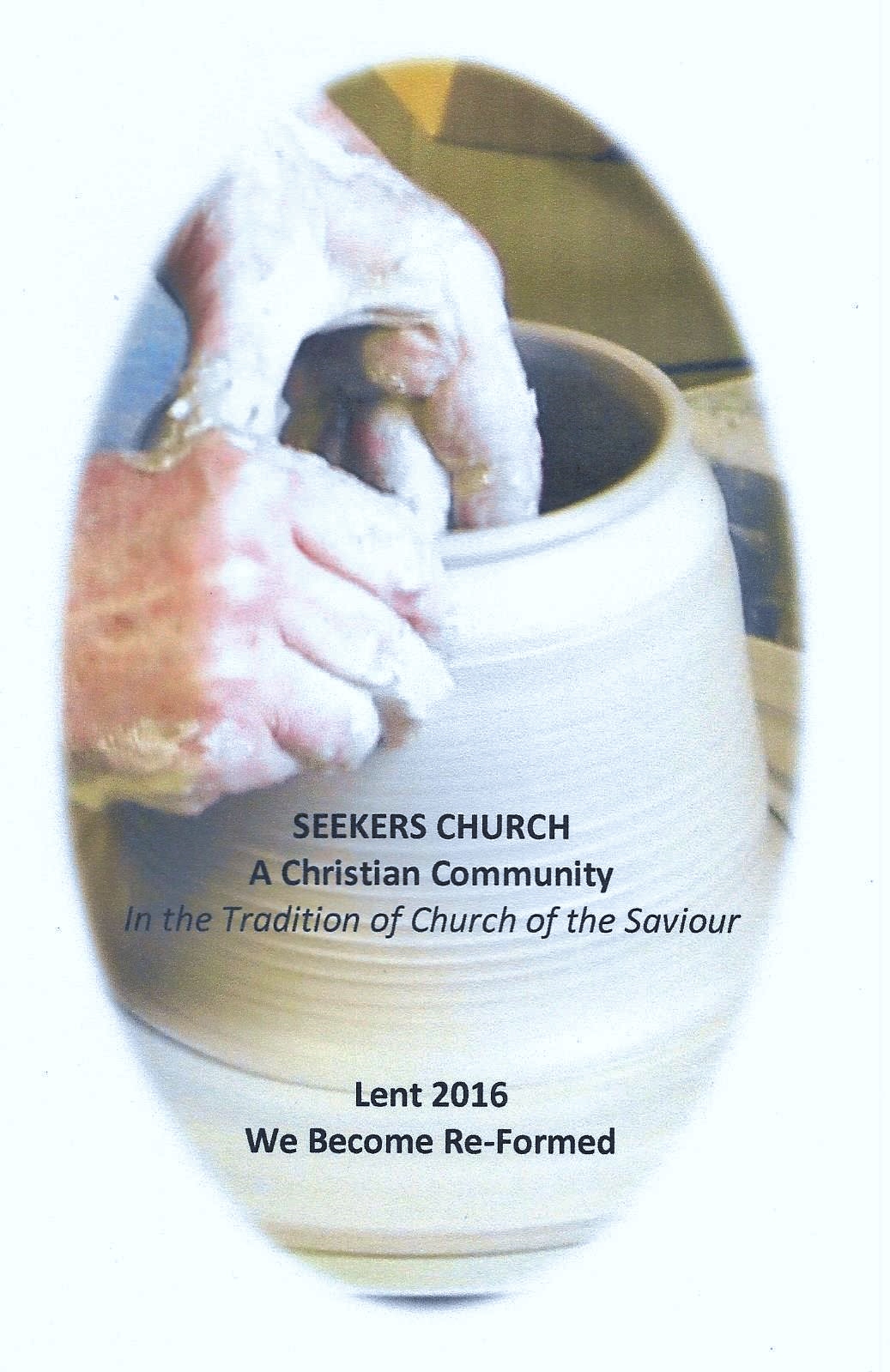March 13, 2016
Fifth Sunday in Lent
Isaiah 43:16-21
Psalm 126
Philippians 3:4b-14
John 12:1-8
I am about to do a new thing, now it springs forth, do you not perceive it?
Six days before Passover, Jesus came to Bethany, the home of Lazarus whom he had raised from the dead. There they gave a dinner for him. Mary took a pound of costly perfume made of pure nard, anointed Jesus’ feet, and wiped them with her hair. The house was filled with the fragrance of the perfume…
In her book The Call to the Soul, Marjory Bankson describes the six-part cycle of call, with the first three elements of the cycle on one side of the poison river, and the second three parts on the other. As you know, the poison river separates “inspiration from application”; it is the barrier between the inner, private side of call and the manifestation of that call in the outer world. Crossing the poison river requires courage, faith, and trust. And it requires a guide.
Marjory uses several biblical stories to illustrate the cycle of call, showing how each of these biblical figures found a way to cross the poison river. In Jesus’ life, she points to Jesus’ baptism and the forty days in the wilderness as clear turning points in his call, with the time in the wilderness serving as the poison river between the revelation of his call at his baptism and his public ministry. The three famous temptations he faces in the wilderness — to turn stone into bread, to have dominion over the kingdoms of the world by worshiping a non-God, and to throw himself off the pinnacle of the temple and deny his own mortality– come to him directly from Satan, the ultimate Trickster figure. The struggle with these temptations helps him clarify the shape of his call and forces him to come to terms with the difficulty of bringing his private call into the public realm.
Today’s gospel reading provides us with another vision of the poison river, as Jesus prepares to move from his public ministry to the lonely road that will end at the cross. We, too, look out across the poison river this week, the last Sunday in Lent, with Palm Sunday just ahead. Will we have the courage to cross?
*****
It doesn’t seem like a poison river crossing at first, this dinner of gratitude for and celebration of new life at Lazarus’ house. On the surface, this is an evening of simple enjoyment and deep, deep gratitude among friends. But then Mary breaks open the jar of costly perfume and proceeds to anoint Jesus’ feet. And, in a gesture of intense intimacy, she wipes his feet with her hair.
Everyone freezes.
When Judas speaks up, he says what, as one commentator pointed out, certainly everyone is thinking. What the–? Not only is this highly inappropriate and uncomfortable, but it is wasteful. He speaks in a voice of reason, speaking to the aspect of the moment that is easier to address–the money rather than the highly shocking intimacy: This perfume should have been sold and the money given to the poor.
Jesus’ response demonstrates his understanding that Mary is his guide over the poison river. She is anointing him for burial. She is preparing his crossing, blessing his journey, making it easier for him to cross into the next, frightening, dangerous part of his call. Leave her alone.
******
After quoting Judas’ protest, the evangelist inserts the parenthetical statement: (He said this not because he cared about the poor, but because he was a thief; he kept the common purse and used to steal what was put into it.)
This is the second parenthetical note in the short reading we have today. The first comes right before, when Judas is first mentioned: Judas Iscariot, one of his disciples (the one who was about to betray him)…
Jesus’ response — to “leave her alone” — is strong and direct. But it isn’t dismissive.
